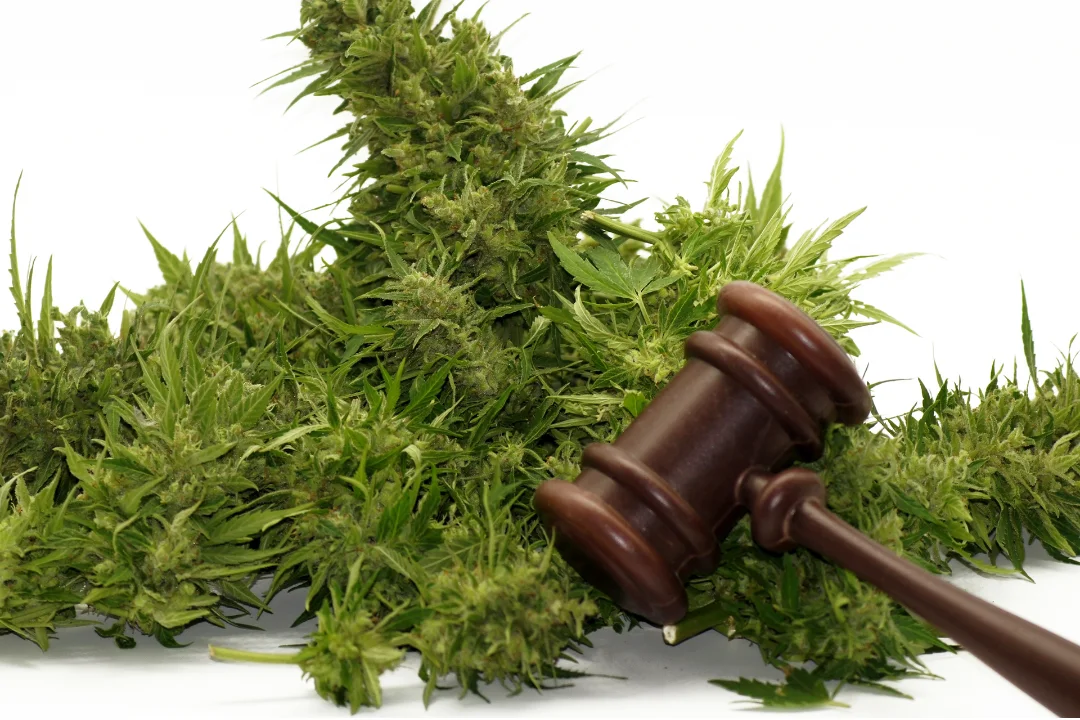The debate over marijuana legalization remains a hot topic globally, especially in the United States, where about 81% of the population supports it. Many healthcare professionals argue that marijuana is safer than alcohol and tobacco, highlighting its therapeutic benefits. This article delves into how legalizing this controversial plant could positively impact millions of lives.
In 1964, Professor Raphael Mechoulam made a breakthrough when he isolated THC, the psychoactive compound responsible for marijuana’s effects. Since then, researchers have explored marijuana’s potential to alleviate symptoms in patients with debilitating conditions. While concerns remain about lung damage and cancer risks from smoking marijuana, some studies suggest that cannabinoids may have anticancer properties. Though long-term, heavy use of marijuana could expose individuals to carcinogens, certain cannabinoids have shown promise in slowing tumor growth in the breast, lung, and brain, and in alleviating neuropathic pain.
THC, the primary component of marijuana, is frequently used in cancer treatment to reduce nausea and vomiting during chemotherapy, stimulate appetite, and improve the quality of life for patients suffering from post-traumatic stress disorder (PTSD). The compound has also proven effective in reducing seizures, offering relief to individuals with epilepsy, multiple sclerosis, and other seizure-related disorders. Additionally, marijuana has been found beneficial for migraines, anorexia, arthritis, and cachexia (wasting syndrome).
Medical marijuana is also used to treat chronic diseases like glaucoma, Alzheimer’s disease, and Crohn’s disease, as well as to manage weight loss associated with AIDS. Patients with Parkinson’s disease, Tourette syndrome, obsessive-compulsive disorder (OCD), and premenstrual syndrome have found marijuana helpful in pain management and symptom relief. In states where marijuana is legal, patients can register at approved centers to obtain regulated doses, prescribed by licensed physicians.
Beyond its medical applications, marijuana legalization has spurred the growth of related industries, creating new business opportunities and attracting investors. Hemp, another byproduct of marijuana, is increasingly used in eco-friendly industries such as automotive, paper, clothing, and rope manufacturing. The growing medical marijuana sector also has the potential to lower healthcare costs. Legalizing and taxing marijuana could not only boost the economy and promote environmental sustainability but also improve public health and overall well-being.
Legalizing marijuana could thus transform millions of lives by providing medical relief, reducing healthcare costs, and fostering economic growth.

